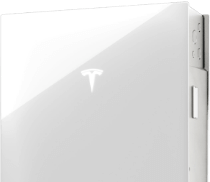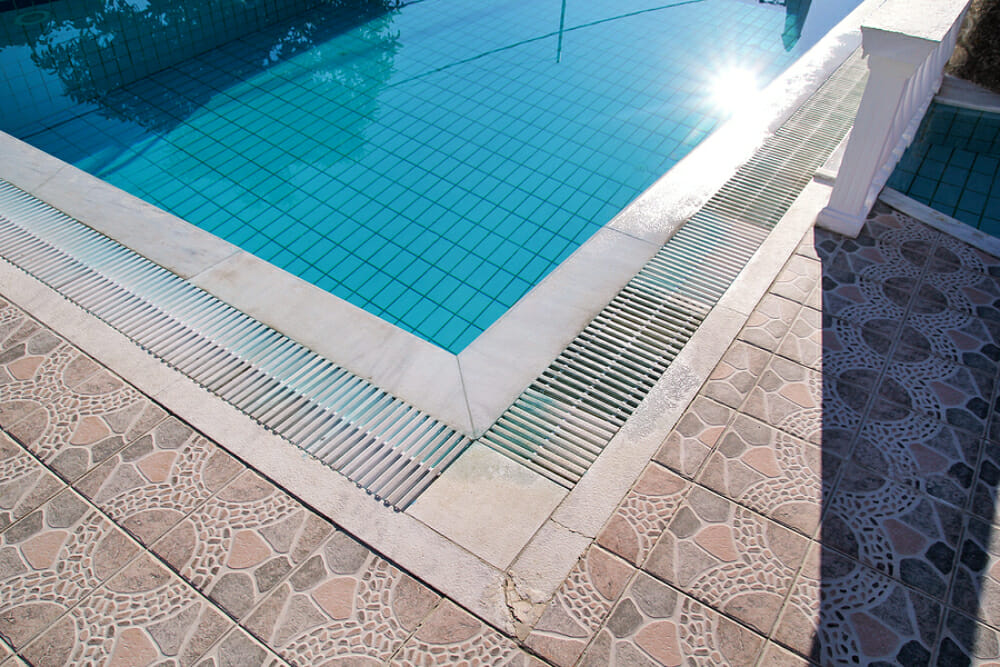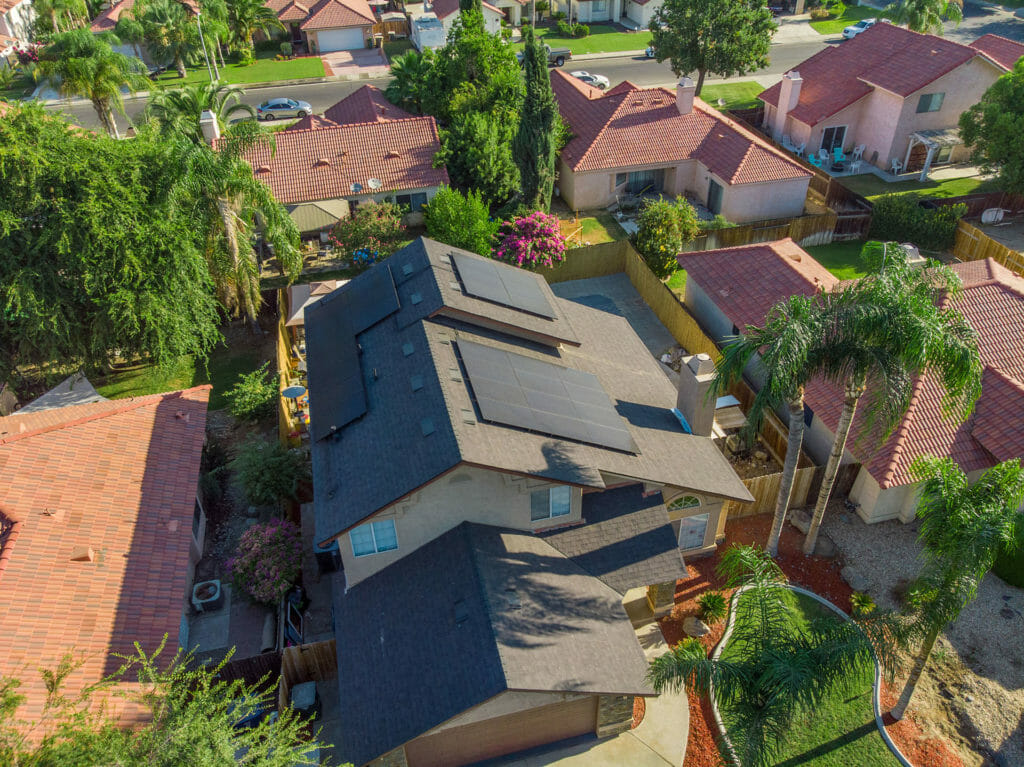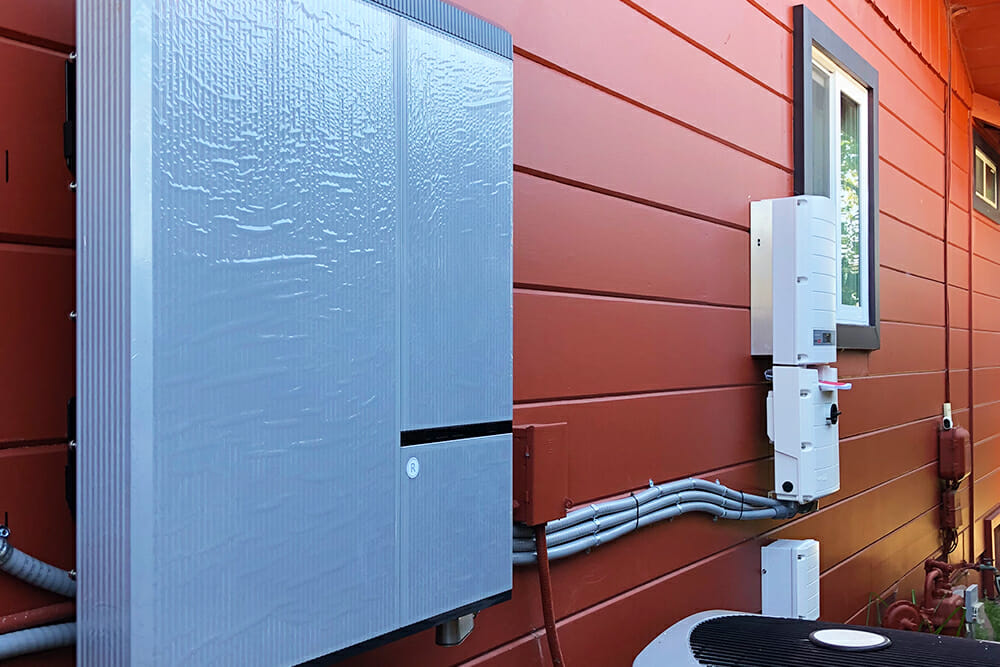With electricity rates rising as much as 40% over the past decade, many people are now realizing the benefits of going solar: clean, renewable energy, at a fraction of the price that utility companies charge to use power from the grid.
If you’re considering the many benefits of solar, it’s important to understand the types of solar systems that are currently available, so you can choose the one best suited for your home. The three types of solar power systems are grid tied, off grid, and hybrid. Each system offers a unique power generation and power storage experience.
Grid-tied Solar System
Grid-tied solar systems are connected to the local utility company’s power grid. Grid-tied solar owners enjoy the benefits of a solar system with the security of their utility company, since owners can tap into the grid if solar energy production is low.
This system is ideal for balancing power production. Solar energy fluctuates based on weather conditions, time of day, and seasonality. If solar energy is low, homeowners can use the energy grid to power their home with no concern as to whether they’ll have enough power for prolonged periods of low energy production. If solar produces excess energy, homeowners can send this energy back to the grid for a credit on their electric bill. Giving excess energy back to the grid is known as net metering, and it’s a proven way to lower energy costs. Unfortunately, not every municipal utility offers a net metering program, meaning some PV system owners can’t enjoy this benefit (in this case, a hybrid solar system might be the right option for you).
Grid-tied solar power systems are by far the most common type installed on homes and small to medium-sized businesses. This is in part because they can utilize the grid to help regulate the delivery of power from the panels into the home or business, thus reducing the amount of equipment needed, and the overall cost of the system.
This interplay between home solar and the power grid is a great way to balance power production, and avoid outages should solar power supply be limited.
Off-Grid Solar System
Off-grid solar systems are not connected to an electric grid, and utilize battery storage systems to balance energy demands.
Houses with off-grid systems rely entirely on solar energy. Batteries are necessary with such systems—a home or business without a battery storage system wouldn’t be able to use electricity at night. The battery system stores excess electricity produced during the day, which can then be used at night to keep the lights on.
Off-grid systems offer complete energy independence. However, there are a lot of limitations when compared to grid-tied systems. Off-grid systems and the batteries where they store electricity must be much larger compared to grid-tied systems, as they serve as the sole source of power. Houses using such setups must be smaller and more conservatively designed because battery storage systems have limited capacity. Even massive battery systems don’t have the capacity to power an entire home for more than a few hours.
Off-grid systems are also more costly, as they can’t utilize grid-based equipment to regulate power flow. Instead, this equipment must be installed as part of the system, increasing the overall cost.
Hybrid Solar System
A hybrid solar system is a combination of grid tied and off grid. These systems are connected to the power grid and come equipped with their own battery storage system. Hybrid systems are the most flexible option available, offering the ability to draw energy from the grid or draw energy from the battery when energy demands outpace energy production.
As with grid-tied systems, hybrid owners can benefit from net metering, a program that allows PV owners to send the excess power generated by their system to the municipal power grid for a bill credit. But in places where net metering is unavailable and grid-tied owners are limited, hybrid owners can still source energy from their battery storage system. Storage-plus-solar is a great way to compensate for a lack of net metering benefits. And unlike off-grid systems, if you draw your battery down to zero, you can simply use energy from the grid to power your home.
The best solar system for your home or business largely depends on your location.
Now that you understand the differences between the systems, it’s time to consider which solar solution is the right choice for your home—where you live plays a big role in this decision.
There are very few limitations when it comes to residential and commercial solar system installation. As solar technology advances, location really has no impact on the feasibility of installation. While you can enjoy the benefits of solar from anywhere, there are some key things to consider when you are thinking about which system is best for your home.
Rural residents can take advantage of off-grid systems, while urban and city residents should seriously consider grid tied or hybrid systems.
Rural residents with plenty of acreage can get the most out of their land by installing a ground-mounted solar system. With enough solar panels, it’s possible to install a system with more than enough potential to power your entire home or business. This is ideal for rural areas that do not have access to a utility power grid. In such areas, building the infrastructure required to connect to the local grid is costly. Off-grid solar systems allow for total energy independence, and do away with the worry of costly electricity bills. If your area does have access to the power grid, a grid-tied or hybrid system still allows for energy independence, but provides an extra level of security when demand exceeds production.
Meanwhile, for homes or businesses in or near the city, an off grid system doesn’t make nearly as much sense. Your best option is a grid-tied or hybrid system since you can take advantage of already being connected to the power grid. City dwellers most likely will not have the land to build ground-mounted solar panels, meaning you will be confined to the space available on your roof. With limited space, you won’t be able to generate as much electricity as rural, ground-mounted systems. Being able to tap into the power grid is essential when your solar system doesn’t make enough power, so if you live in the city, you’ll want to go with a grid-tied or hybrid solar system.
If you aren’t certain as to what the best choice is for your specific scenario, this isn’t a decision you have to make on your own! The experts at Ilum Solar are always available to help you identify the best possible solar power system for your home or business.





